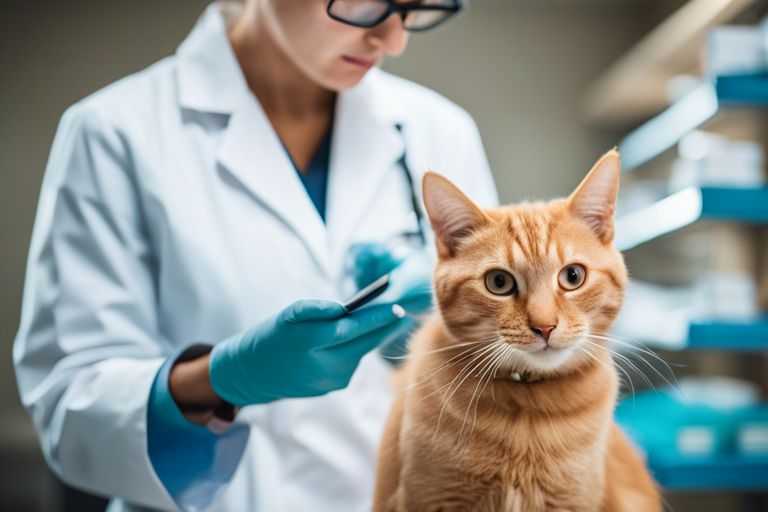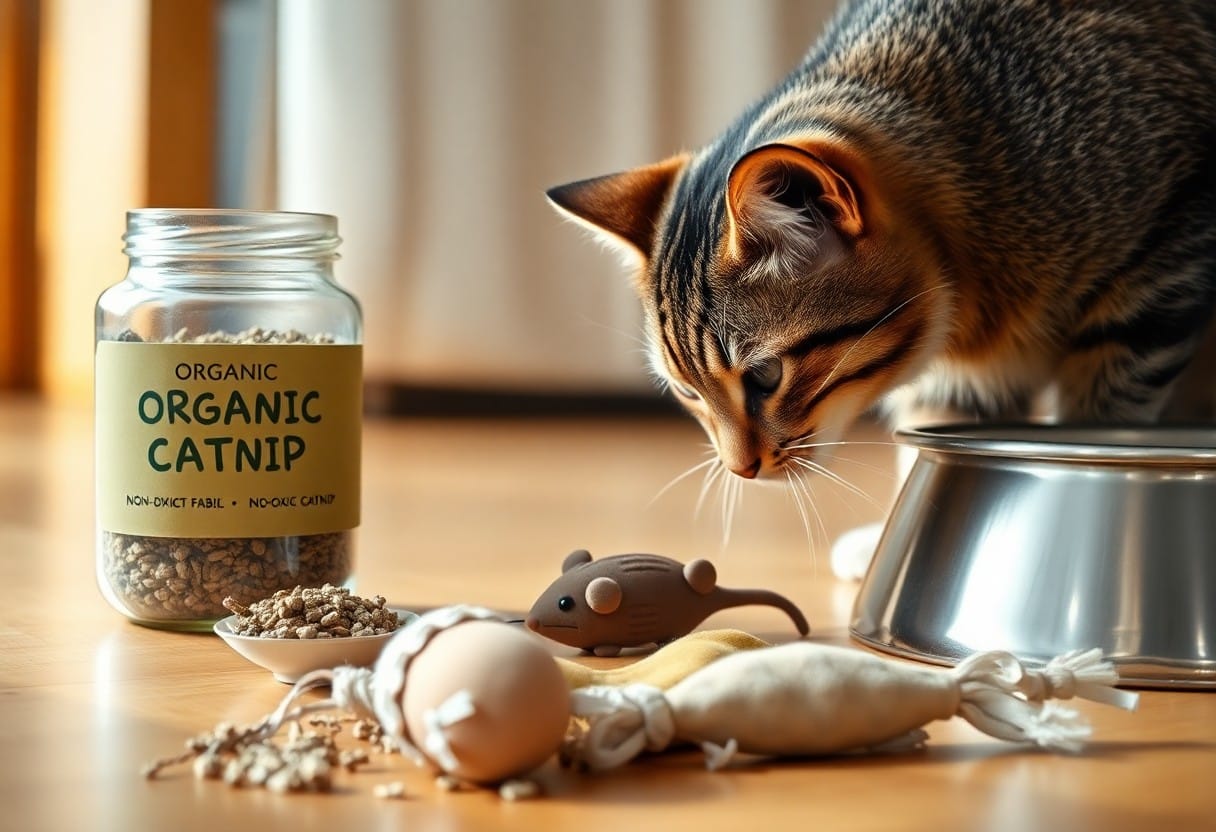Many cat owners may not be aware of the common health issues that their feline companions can face. In this guide, we will probe into the most prevalent health problems in cats and provide necessary tips on how to prevent them. By gaining a better understanding of these issues and taking proactive measures, you can ensure your cat lives a long and healthy life.
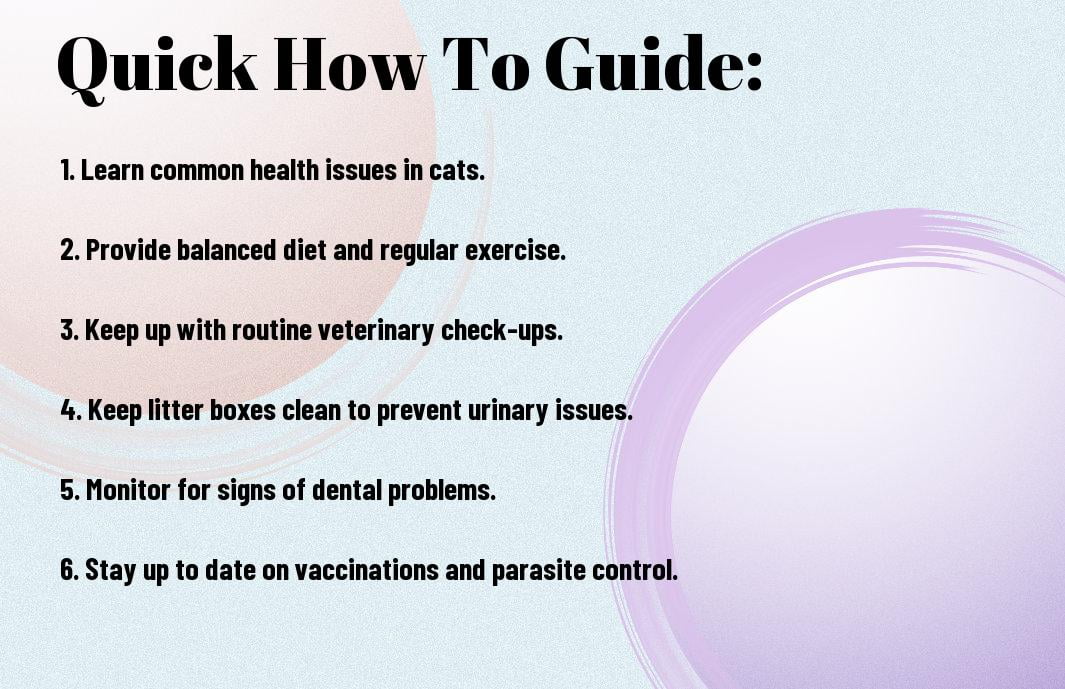
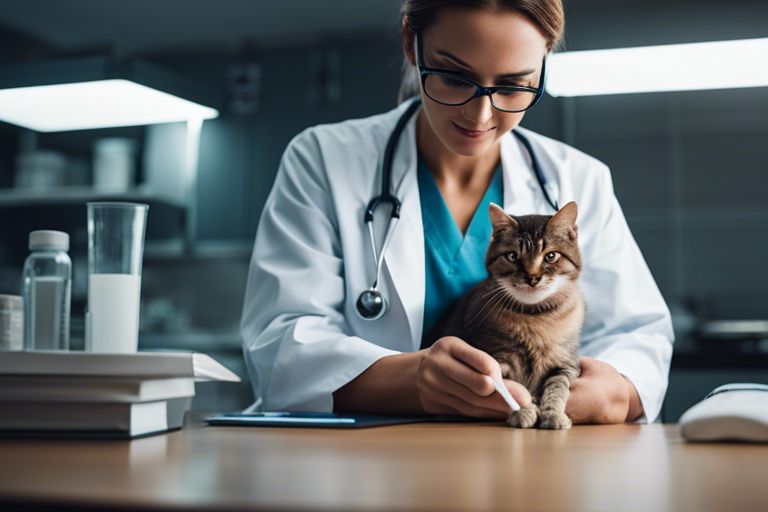
Understanding Feline Physiology
Little is known about feline physiology compared to other domestic animals, making it crucial for cat owners to educate themselves on their pets’ unique health needs. Cats have specific anatomical and physiological differences that influence their overall health and well-being. Understanding the basics of feline physiology can help cat owners provide the best care for their furry companions.
Key factors affecting cat health
- Age: Cats go through different life stages, each requiring specific care and attention.
- Diet: A balanced diet is crucial for a cat’s overall health and can prevent many common health issues.
- Environment: Cats are sensitive to their surroundings and can develop stress-related illnesses if not provided with a safe and stimulating environment.
Though cats are known for their independent nature, they rely on their owners to ensure they receive proper healthcare and preventive measures.
Regular health assessments and their importance
To maintain optimal feline health, regular health assessments are crucial. These assessments help detect health issues early, allowing for prompt intervention and treatment. By scheduling routine check-ups with a veterinarian, cat owners can ensure their feline friends are in good health and prevent potential problems from escalating.
Regular health assessments typically include a physical exam, blood tests, urine analysis, and parasite screenings. These tests provide valuable insights into a cat’s overall health status and can help detect any underlying issues that may not be visible on the surface. By staying proactive with regular health assessments, cat owners can help their pets live longer, healthier lives.
How-To Guide: Recognizing Signs of Illness in Cats
Physical and behavioral symptoms to watch for
Some physical symptoms that may indicate your cat is ill include changes in appetite or water consumption, weight loss or gain, vomiting, diarrhea, difficulty breathing, excessive grooming, or unusual lumps or bumps on their body. Behavioral changes to watch for include lethargy, hiding more than usual, increased aggression, excessive vocalization, or changes in litter box habits.
Tips for monitoring your cat’s health at home
Some tips for monitoring your cat’s health at home include keeping a close eye on their eating and drinking habits, monitoring their weight regularly, noting any changes in behavior or routine, and scheduling regular veterinary check-ups. By maintaining a daily observation routine, you can quickly spot any abnormalities and seek veterinary care promptly.
- Observe your cat’s daily food intake and litter box habits.
- Monitor their water consumption and playtime activities.
The key to early detection of illness in cats is knowing your pet’s normal behaviors and physical characteristics. Recognizing deviations from their usual patterns can help you identify potential health issues before they escalate.
How-To Guide: Preventing Nutritional Disorders
Once again, ensuring your cat receives proper nutrition is vital in preventing a variety of health issues. Nutritional disorders can arise if your cat is not getting the right balance of nutrients in their diet. Here’s a guide to help you prevent these disorders and keep your feline friend healthy.
Essential nutrients for feline health
Health in cats is heavily dependent on receiving vital nutrients such as proteins, fats, vitamins, and minerals. Proteins are crucial for muscle growth and repair, while fats provide energy and support healthy skin and coat. Vitamins and minerals play a role in various bodily functions, including immune system support and bone health.
How-to create a balanced diet for your cat
For optimal feline health, it’s important to create a balanced diet that includes a mix of high-quality protein sources, fats, vitamins, and minerals. Consult with your veterinarian to determine the right type and amount of food for your cat based on their age, weight, and any existing health conditions. A combination of commercial cat food and occasional fresh, cat-safe human foods can help provide a well-rounded diet.
Create a feeding schedule and portion control to prevent overeating and obesity. Avoid feeding your cat foods that are toxic to them, such as chocolate, onions, and garlic. Providing fresh water at all times is also vital for their overall well-being.
How-To Address: Parasitic Infections in Cats
Identifying common parasites affecting cats
To ensure the well-being of your feline companion, it’s crucial to be familiar with the common parasites that can affect cats. Little bugs like fleas, ticks, ear mites, and intestinal worms are some of the most prevalent parasites found in cats. These can lead to a variety of health problems if left untreated, so early detection is key in maintaining your cat’s health.
Tips for prevention and treatment
Regarding protecting your cat from parasitic infections, prevention is the best approach. Regular check-ups with your veterinarian can help detect any issues early on. Additionally, keeping your cat’s living environment clean and hygienic can significantly reduce the risk of infestations. If your cat does get infected, there are various treatment options available to eliminate the parasites and restore your cat’s health.
- Regularly administer flea and tick preventatives recommended by your veterinarian.
- Keep your cat’s bedding, living area, and litter box clean to prevent infestations.
- Consult with your veterinarian for the appropriate deworming schedule for your cat.
Assume that parasites are a potential threat to your cat’s health and take the necessary steps to prevent and treat them to ensure your feline friend stays healthy and happy.
How-To Tackle: Feline Dental Care
Understanding factors contributing to dental diseases
Your cat’s oral health is crucial to their overall well-being. Factors contributing to dental diseases in cats include genetics, diet, age, and lack of dental care. Genetics play a role in determining your cat’s susceptibility to dental issues, so it’s vital to be extra vigilant if your cat comes from a breed prone to dental problems. A diet high in carbohydrates and lacking in dental hygiene can also contribute to the formation of plaque and tartar, leading to dental diseases as your cat ages.
- Genetics
- Diet rich in carbohydrates
- Lack of dental care
Any signs of drooling, bad breath, or difficulty eating should prompt a visit to the veterinarian for a thorough dental check-up. Preventive measures such as regular teeth cleaning and dental exams can help identify and address dental issues before they escalate.
How-to maintain your cat’s oral hygiene
Understanding the importance of dental care is the first step in maintaining your cat’s oral hygiene. Just like humans, cats require regular brushing to prevent the build-up of plaque and tartar. Introducing a dental care routine early in your cat’s life can help them get accustomed to the process and make it easier for you to manage their oral hygiene.
Hygiene practices such as brushing your cat’s teeth with pet-safe toothpaste, providing dental treats or toys, and incorporating dental care into their regular grooming routine can all contribute to keeping their teeth and gums healthy.
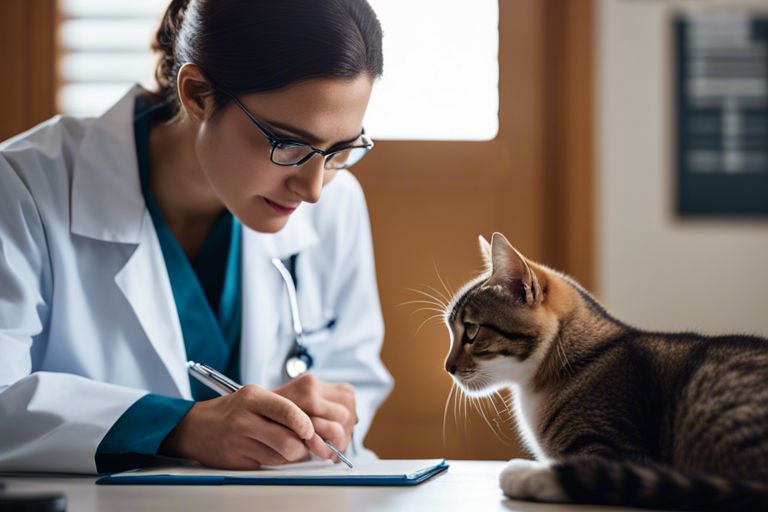
How-To Manage: Age-Related Health Issues in Cats
Recognizing signs of aging in cats
Many cat owners may not be aware of the subtle signs that their feline friend is getting older. There’s a gradual decrease in activity level, changes in eating and drinking habits, increased sleeping, and potential weight changes. It’s important to pay attention to these signs to provide timely care for your aging cat.
Tips for keeping older cats healthy and comfortable
There’s a lot that can be done to help your aging cat stay healthy and comfortable in their golden years. Providing a warm and cozy bed, easy access to food and water, regular veterinary check-ups, and a balanced diet specially formulated for senior cats are key. Additionally, enriching their environment with interactive toys and opportunities for gentle exercise can help maintain their mental and physical well-being.
- Ensure easy access to litter boxes, food, and water
- Monitor your cat’s weight and adjust their diet accordingly
This proactive approach can make a significant difference in managing age-related health issues and improving the overall quality of life for your senior cat.
- Regular veterinary check-ups are crucial for early detection of any health concerns
This level of care and attention can potentially extend your cat’s lifespan and ensure they live their later years comfortably and happily.
Conclusion
Drawing together the various common health issues that can affect cats, it is clear that prevention is key in keeping our feline companions healthy and happy. By being aware of the signs and symptoms of these conditions, cat owners can take proactive steps to prevent them from occurring or catch them early for effective treatment.
Regular veterinary check-ups, a balanced diet, proper grooming, and providing a safe environment are all crucial in preventing common health issues in cats. With a little bit of knowledge and care, cat owners can ensure that their furry friends lead long, healthy lives free from unnecessary health problems.
FAQ
Q: What are some common health issues in cats?
A: Common health issues in cats include dental problems, obesity, urinary tract issues, parasites, and respiratory infections.
Q: How can dental problems be prevented in cats?
A: Dental problems in cats can be prevented by regular tooth brushing, providing dental treats or toys, and scheduling annual dental check-ups with a veterinarian.
Q: What are the risks of obesity in cats?
A: Obesity in cats can lead to diabetes, arthritis, heart disease, and a shortened lifespan. It is important to monitor your cat’s weight and provide them with a balanced diet and regular exercise to prevent obesity.
Q: How can urinary tract issues be prevented in cats?
A: Urinary tract issues in cats can be prevented by providing plenty of fresh water, feeding a balanced diet that supports urinary health, and ensuring your cat maintains a healthy weight. Regular visits to the veterinarian can also help detect and prevent urinary tract issues.
Q: What are some common respiratory infections in cats and how can they be prevented?
A: Common respiratory infections in cats include feline viral rhinotracheitis and feline calicivirus. These infections can be prevented by keeping your cat up to date on vaccinations, minimizing stress, and maintaining good hygiene practices, such as regular cleaning of litter boxes and bedding.
